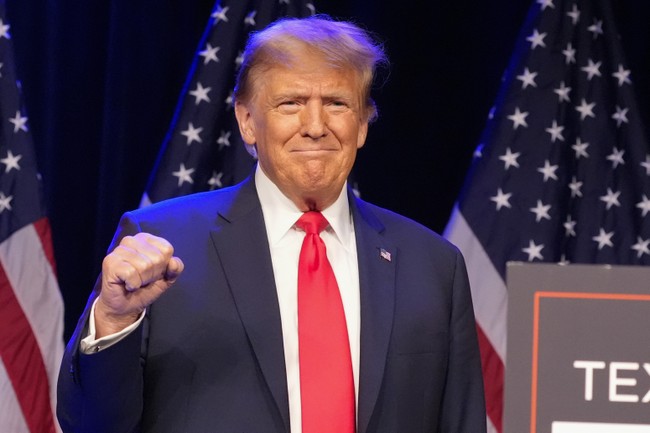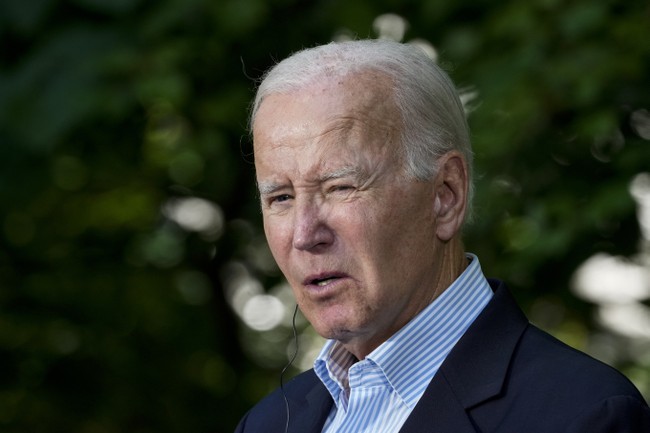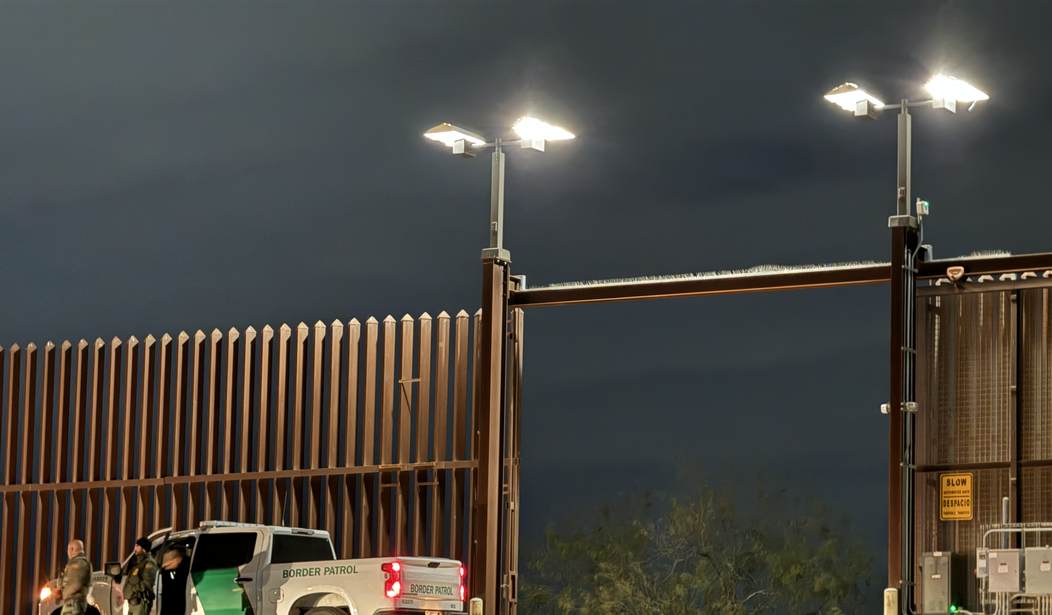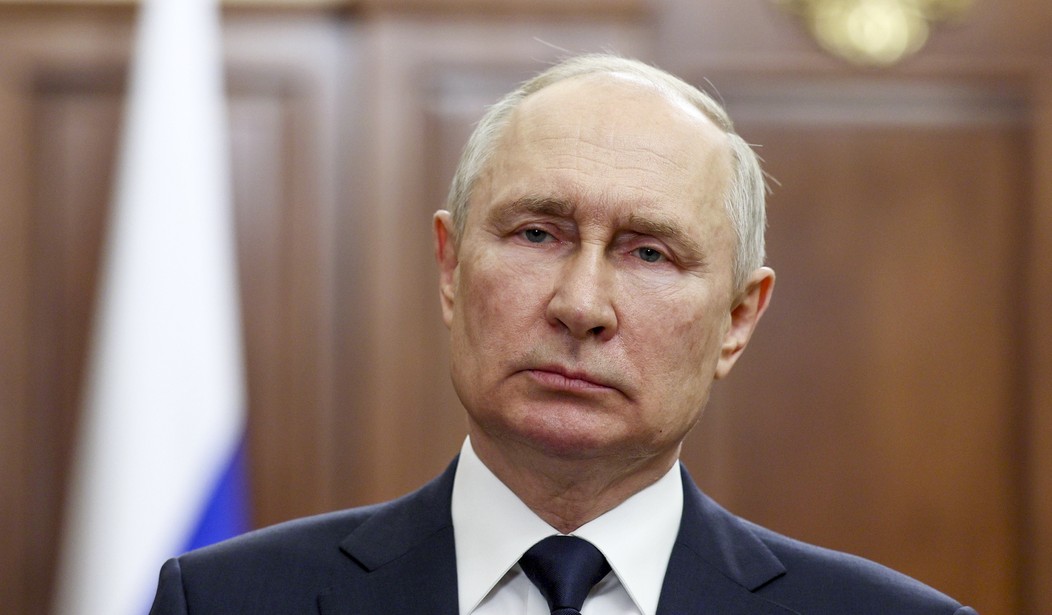
As the 2024 election approaches, the Democrats are much concerned with what they call “insurrection.” They, of course, refer to the events at the Capitol building on January 6, 2021, a day that will live in political opportunism for the party now planning the reelection of Joe Biden. In addition, they use the term to refer to any public objection or legal challenge to the outcome of the 2020 election. Democrats objected in the courts or in the halls of Congress to every Republican presidential election victory of the 21st century. But that, apparently, was not insurrection.
The events at the Capitol, so inimical to “our democracy,” greatly disturbed the Democrats. So alarmed were they and resolved to protect democracy from its assailants that they now seek to bar the lead insurrectionist, also by happenstance the presumptive Republican nominee for President, from the ballot. Donald Trump indeed stands indicted four times by Democrat prosecutors in Democrat venues as well as civilly sued for his wealth by a Democrat attorney general and a civil litigant, of late feted on MSNBC.
The indictments of Donald Trump follow hard upon a three-year campaign to imprison anyone present in the Capitol on January 6 or apparently in the immediate vicinity (other than undercover FBI operatives). Even those admitted by uniformed police officers and harming nothing and no one stand convicted and sentenced. One young man committed suicide.
There is also the prosecution and incarceration of Trump administration officials, such as Peter Navarro, incarcerated after his assertion of executive privilege before the infamous January 6 Committee, and lawyers who placed their careers and liberty in jeopardy by trying to represent President Trump (e.g., Rudolph Giuliani and Jenna Ellis). This has been a persecution under color of law not seen in this country since the Palmer Raids (the anticommunist campaign of Woodrow Wilson’s Attorney General, A. Mitchell Palmer, just after the First World War).
There was in 2020 an effort to deprive state legislatures of the power to determine the “manner” in which presidential elections are conducted, as provided in the Constitution’s Article II, sec. 1, clause 2. Democrats who cited the pandemic to justify such electoral anomalies during the 2020 election afterwards proposed legislation to make the changes permanent. They contemplate also, even if thus far without success, eliminating the Senate filibuster, packing the Supreme Court, and adding the District of Columbia and Puerto Rico as states, in effect, packing the Senate as well.
The same Democrat party, now holding the presidency, contrives to change the electorate by opening the border to millions of immigrants, without regard to health, skills, means of support, or gang and terrorist affiliation, setting the law at naught. The consequence of this scam, perpetrated with pious invocations of Emma Lazarus’s poem, is to visit danger and hardship upon the nation’s urban population immediately, and upon the wider population in due course.
There are then the occasional experiments with the freedoms of speech and religion, conducted by, inter alia, government meddling with social media platforms and official persecution of those opposed, as matters of faith, to homosexuality, transsexuality, and abortion.
Does the current Democrat Party not expressly champion the “fundamental transformation of America,” in Barack Obama’s words?
Let us then return to the topic of insurrection. How shall we define it? Surely an insurrection is the event announced in the Declaration of Independence: the extra-legal and, if necessary, forcible alteration of political authority. How striking that the litany of wrongs there imputed to the British king suggests that he was the one who committed the initial usurpation of constitutional norms, to which the American colonists reacted.
It was the king who, for instance, “refused his Assent Laws, the most wholesome and necessary to the public good,” who “erected a multitude of New Offices, and sent hither swarms of Officers to harass our people and eat out their substance,” and who “combined with others to subject [the American colonists] to a jurisdiction foreign to [their] constitution, and unacknowledged by [their] laws; giving his Assent to their acts of pretended Legislation… [f]or taking away [their] Charters, abolishing [their] most valuable Laws, and altering fundamentally the Forms of [their] Governments.”
The British monarchy perpetrated the insurrection, by illicit use of its powers, as well as by armed force. In that accusation, which is in one sense or another repeated in the twenty-seven clauses chronicling the wrongs compelling separation, the Declaration tracks the argument of John Locke’s Second Treatise of Government, Chapter 19, “On the Dissolution of Government.”Locke departed from many predecessors in ascribing the dissolution of government not primarily to the people’s rebellious impulses, but to abuses by those in power. His treatment of this matter could be contrasted with, for example, that in Chapter 19 of Hobbes’s Leviathan (“Of those things that Weaken or tend to the Dissolution of a Commonwealth”). In the latter work dissolution is occasioned by inadequate power in the government and seditious or presumptuous impulses in the population.
According to Locke, dissolution of the government occurs when the legislature is altered, by the executive assuming or hindering its functions or interfering with the “ways of election” (emphasis supplied). It occurs also when “he who has the Supream Executive Power neglects and abandons that charge, so that the Laws already made can no longer be put in execution.” The executive or legislature dissolve the government when either of them “endeavor to invade the Property of the Subject and to make themselves, or any part of the community, Masters or Arbitrary Disposers of the Lives, Liberties, or Fortunes of the People.”
In the Declaration, Jefferson presents what is largely an iteration of Locke’s discourse on the ways in which wayward rulers in effect overthrow a system of government, adopted (as in the language quoted above) to the specific offenses of King George. Did the perception of such a design, at least, not motivate the events of January 6?
No declaration of independence or revolution is required today, as the constitutional mechanism for the preservation of liberty exists, having been bequeathed to us by the founding generation. The prospect of electoral victory in 2024 affords an immediate, if uncertain, ground of hope. Those culpable in the occurrence on January 6 (those who actually committed violent acts) would have done better to wait for lawful redress, even if they thought with reason that Donald Trump had been turned out of office in a highly questionable election. But for all their sins, and their innocence as to what would be visited upon them, they were not perpetrating an insurrection. Those who seek the fundamental transformation of America are.










